Our
Resources
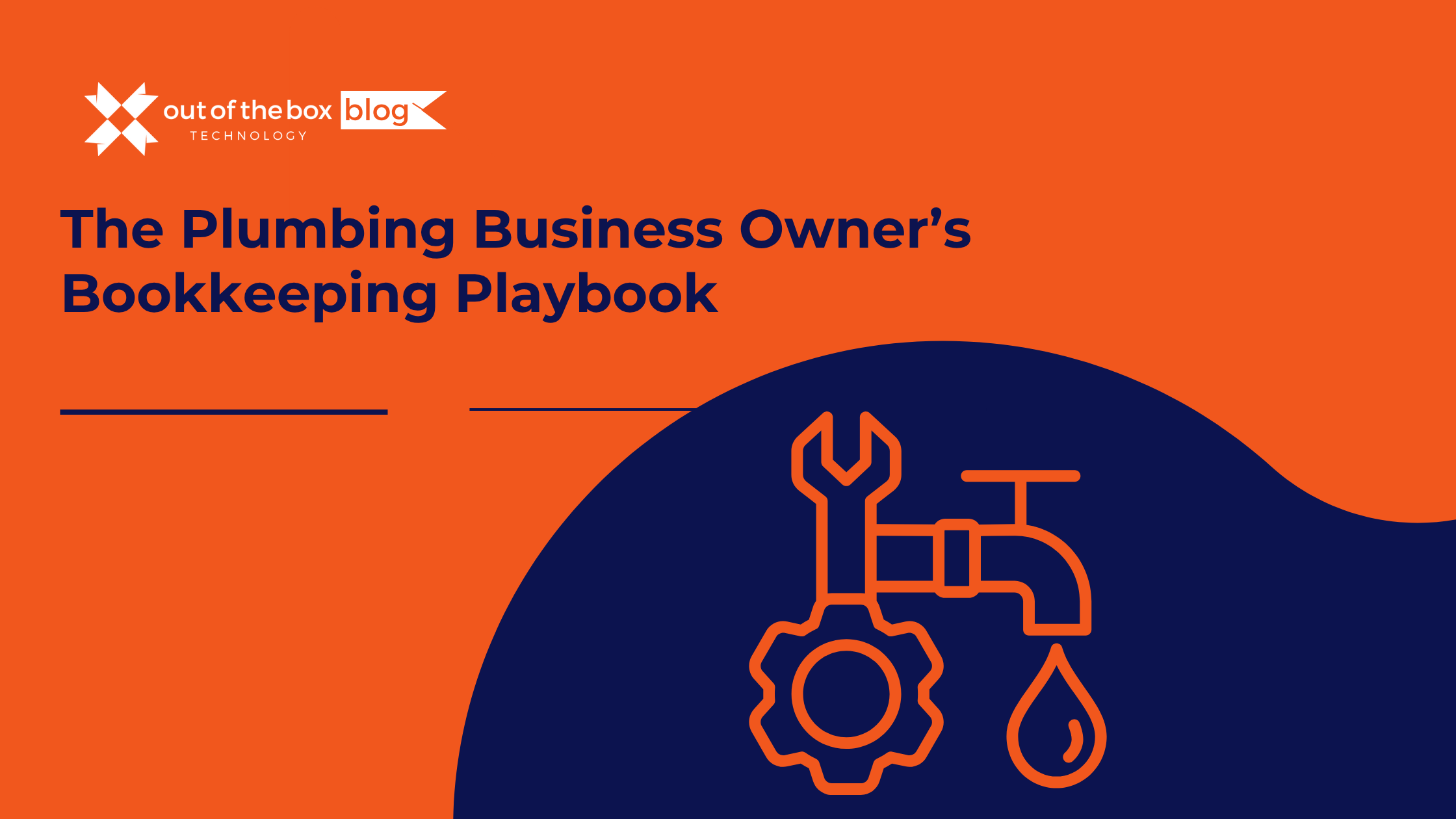
Running a plumbing business involves far more than just fixing leaks or installing water heaters. As a business owner, you wear many hats—technician, manager, scheduler, and financial decision-maker. But if your bookkeeping isn’t organized and aligned with your day-to-day operations, it can create cash flow problems, compliance issues, and missed growth opportunities. According to the…
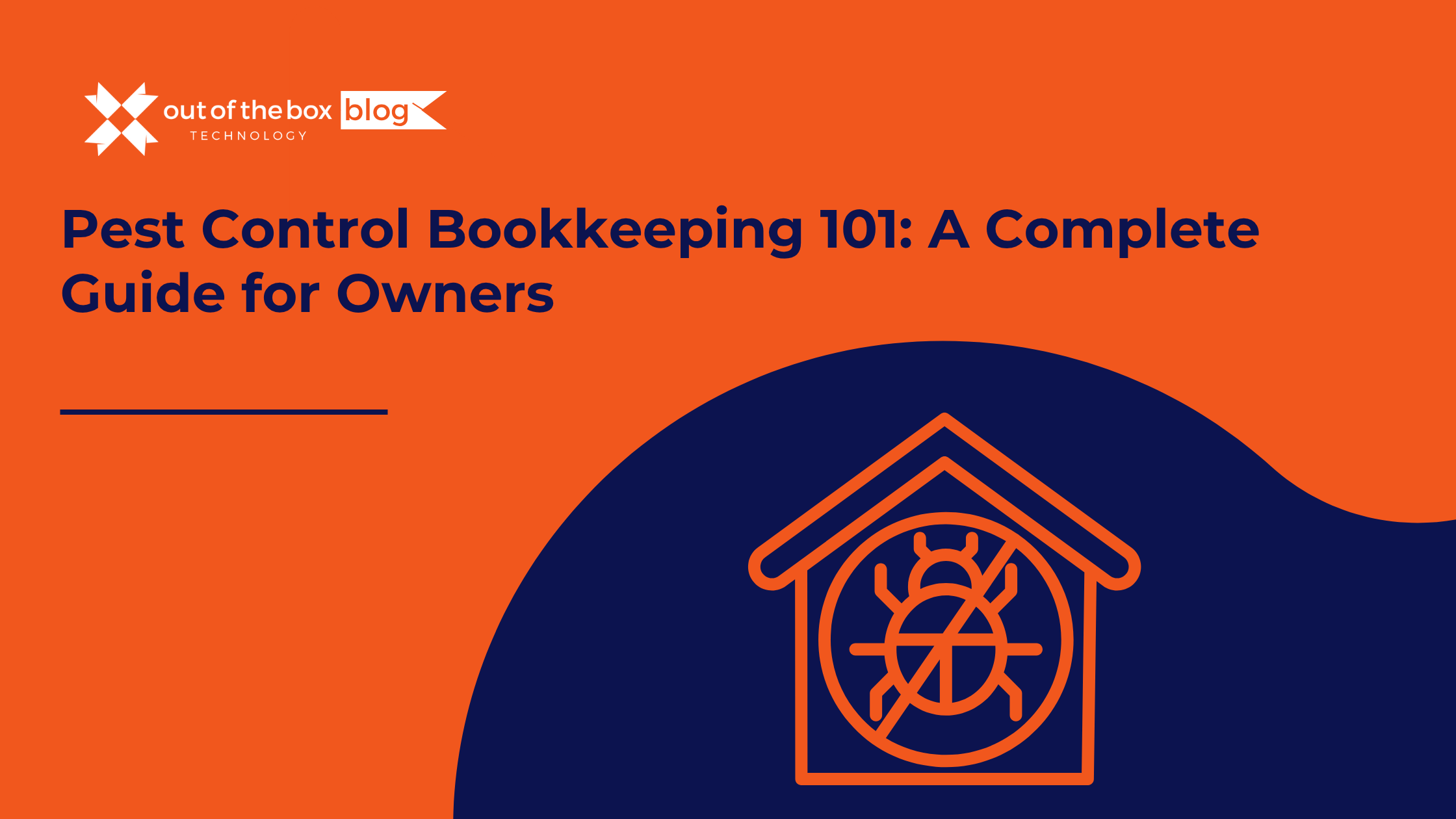
Pest Control Bookkeeping: Essential Tools and Tips for a Thriving Business In the dynamic pest control industry, where mobile technicians, daily invoicing, and strict compliance are the norm, robust bookkeeping is critical for success. This guide is specifically for pest control business owners aiming to streamline finances, guarantee compliance, and utilize financial data for strategic…
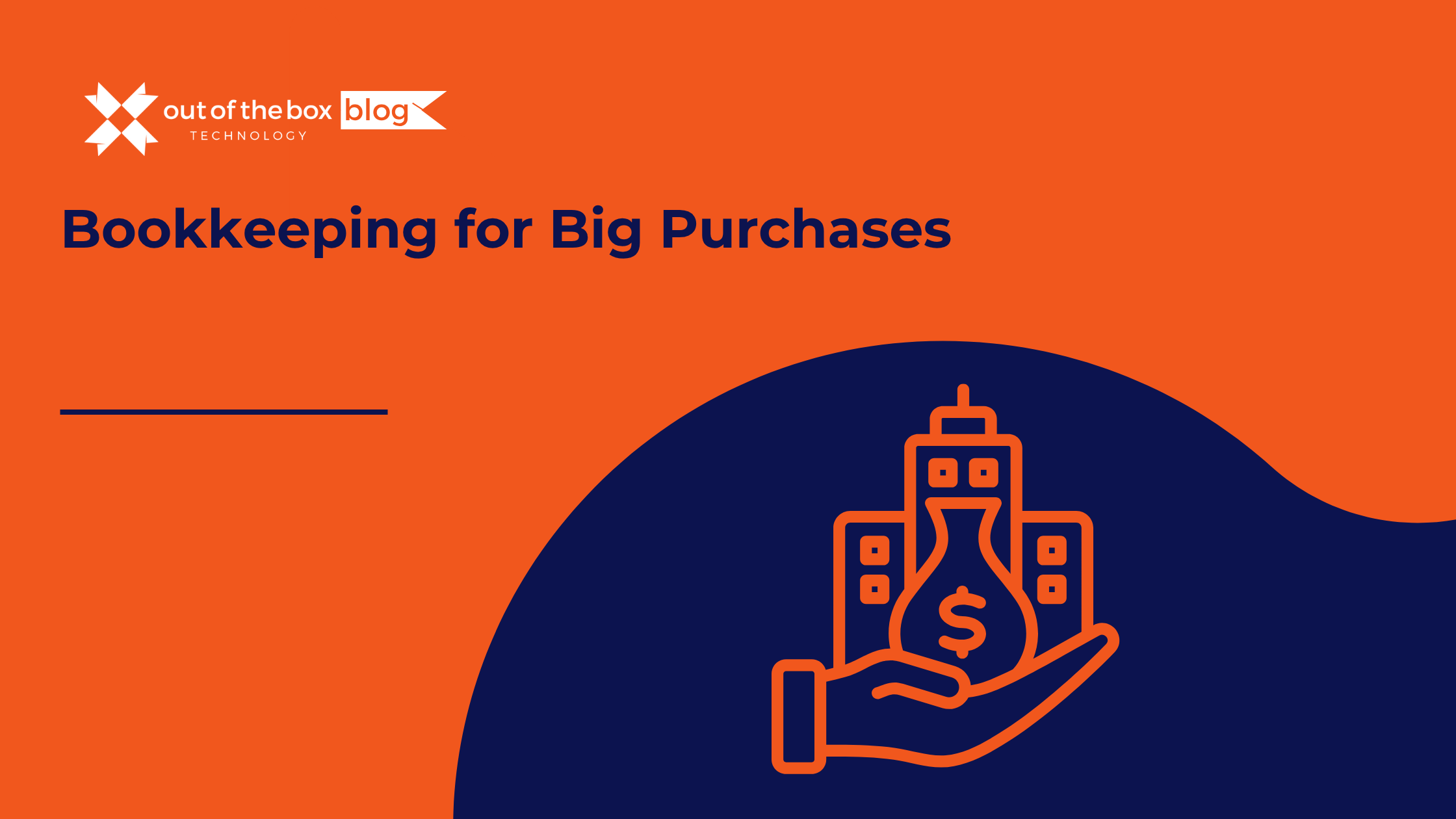
Why Equipment Financing Can Wreck Your Books (If You’re Not Careful) Whether you’re running a landscaping company, HVAC firm, construction outfit, or manufacturing shop, big equipment purchases are inevitable—and expensive. From trucks and trailers to compressors, loaders, and CNC machines, these assets often require financing, multiple vendors, and complex accounting entries. And here’s the catch:…
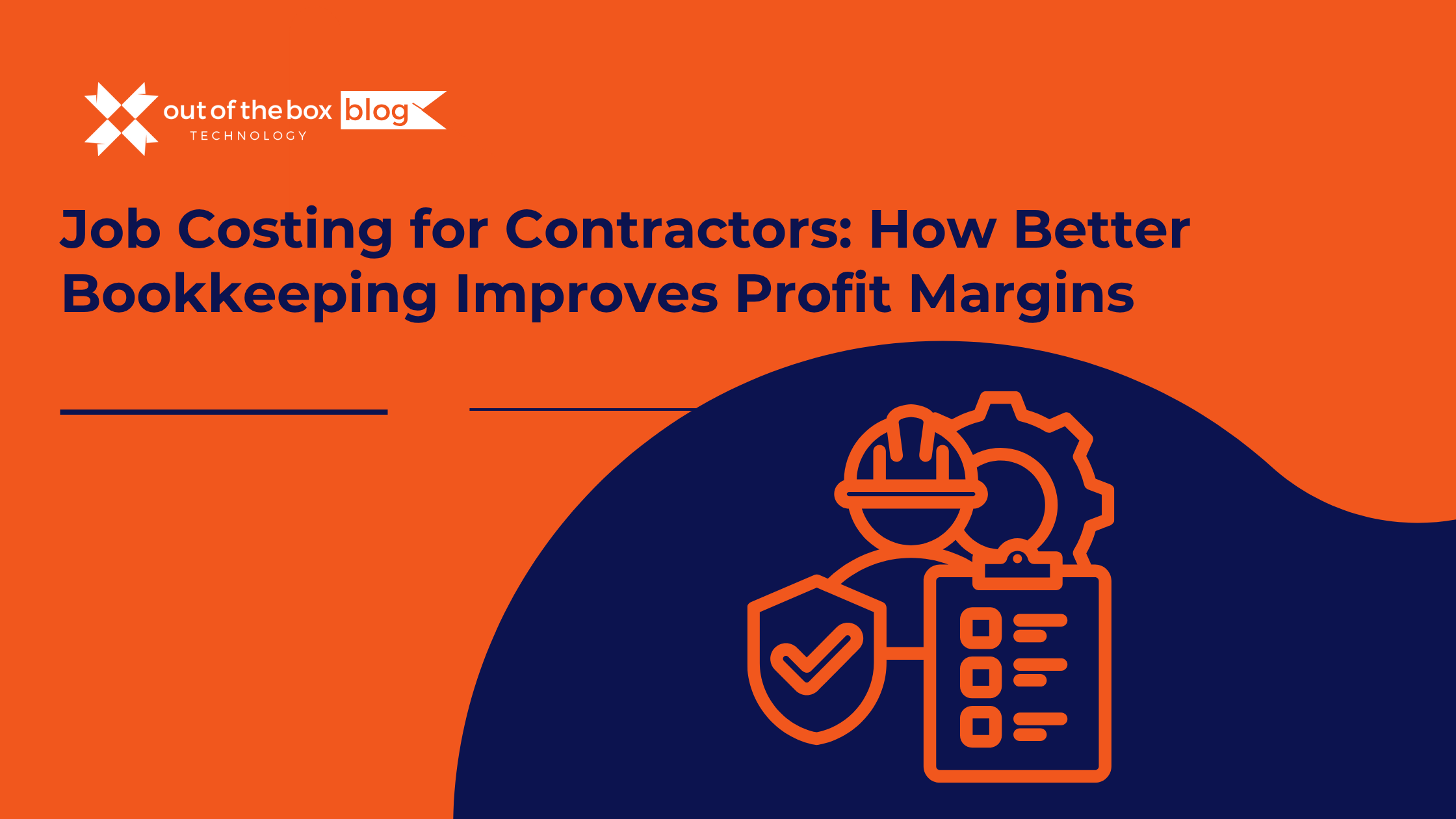
Why Job Costing Is Critical for Contractor Success Contractors face a complex balancing act. Materials, labor, subcontractors, permits, change orders—each project comes with hundreds of moving pieces. But too often, construction business owners find out a job wasn’t profitable only after the final invoice is sent. That’s where job costing makes all the difference. Job…
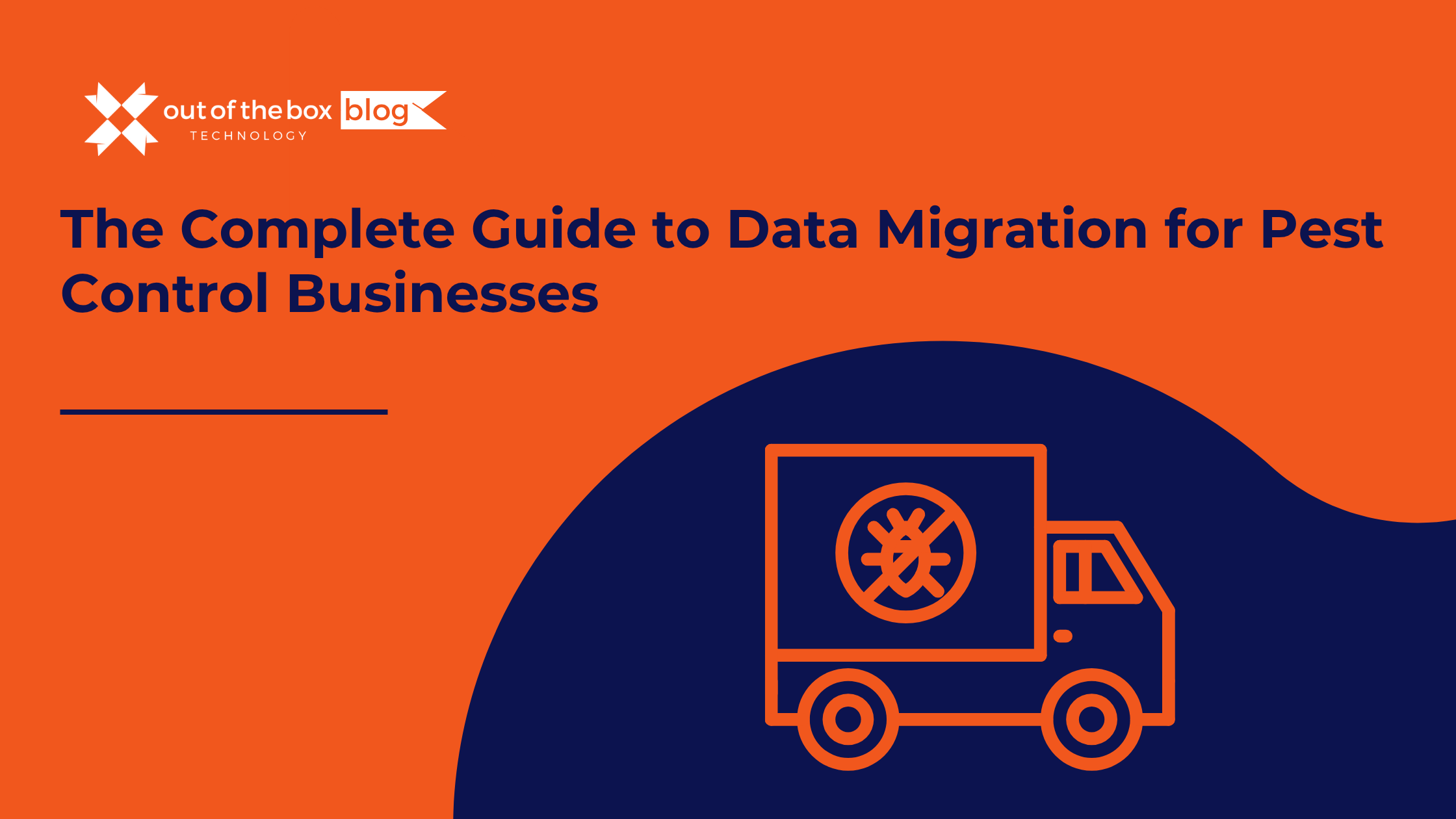
Why Pest Control Needs Data Migration Pest control companies handle a large amount of critical data—customer contact records, treatment schedules, chemical logs, compliance documentation, jobsite photos, invoices, technician notes, and more. Many businesses begin by storing this information in spreadsheets or on paper. But as the business grows, these systems become inefficient and error-prone. Data…

Electrician Businesses Can’t Afford Data Downtime Migrating your business data—whether customer information, job history, inventory, or scheduling—from legacy systems into modern platforms is a pivotal step for electrical contractors. Done right, it enhances operational efficiency, reduces errors, and supports scalable growth. Why Data Migration Matters for Electricians Operational continuity: Seamless transfer ensures no service history…

Running a landscaping business today involves more than just great curb appeal. Behind the scenes, owners and office managers are juggling schedules, job estimates, equipment maintenance, employee hours, and a growing database of clients and work history. Much of this data is spread across disconnected tools—Excel spreadsheets, field service apps, legacy accounting software, and more….
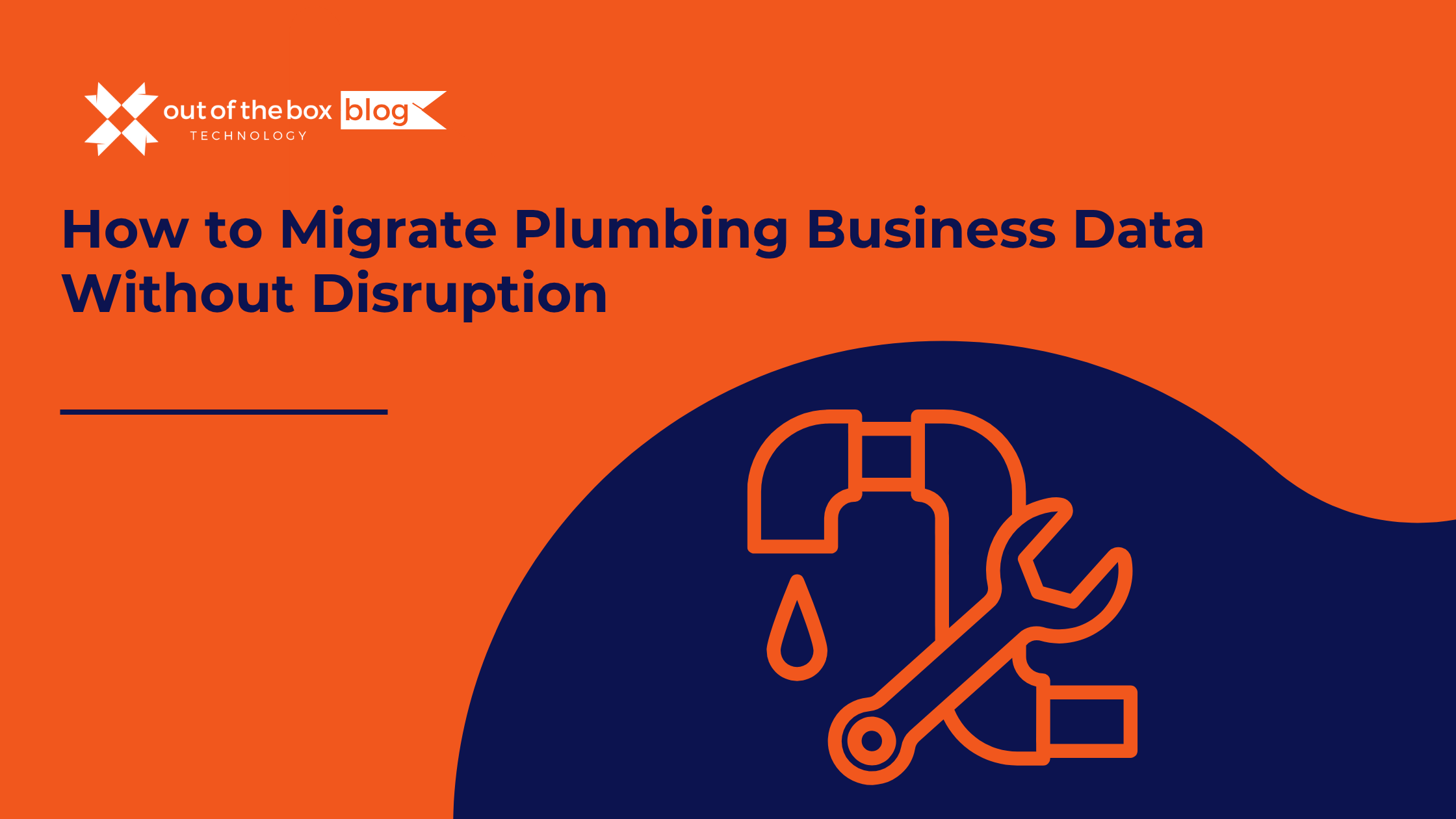
Plumbing Businesses Can’t Afford Data Downtime Running a plumbing business is demanding—between emergency calls, project estimates, customer billing, and inventory management, there’s little room for error. If you’re thinking about switching from outdated software or spreadsheets to a new system, data migration is a key step you can’t afford to fumble. Whether you’re moving from…
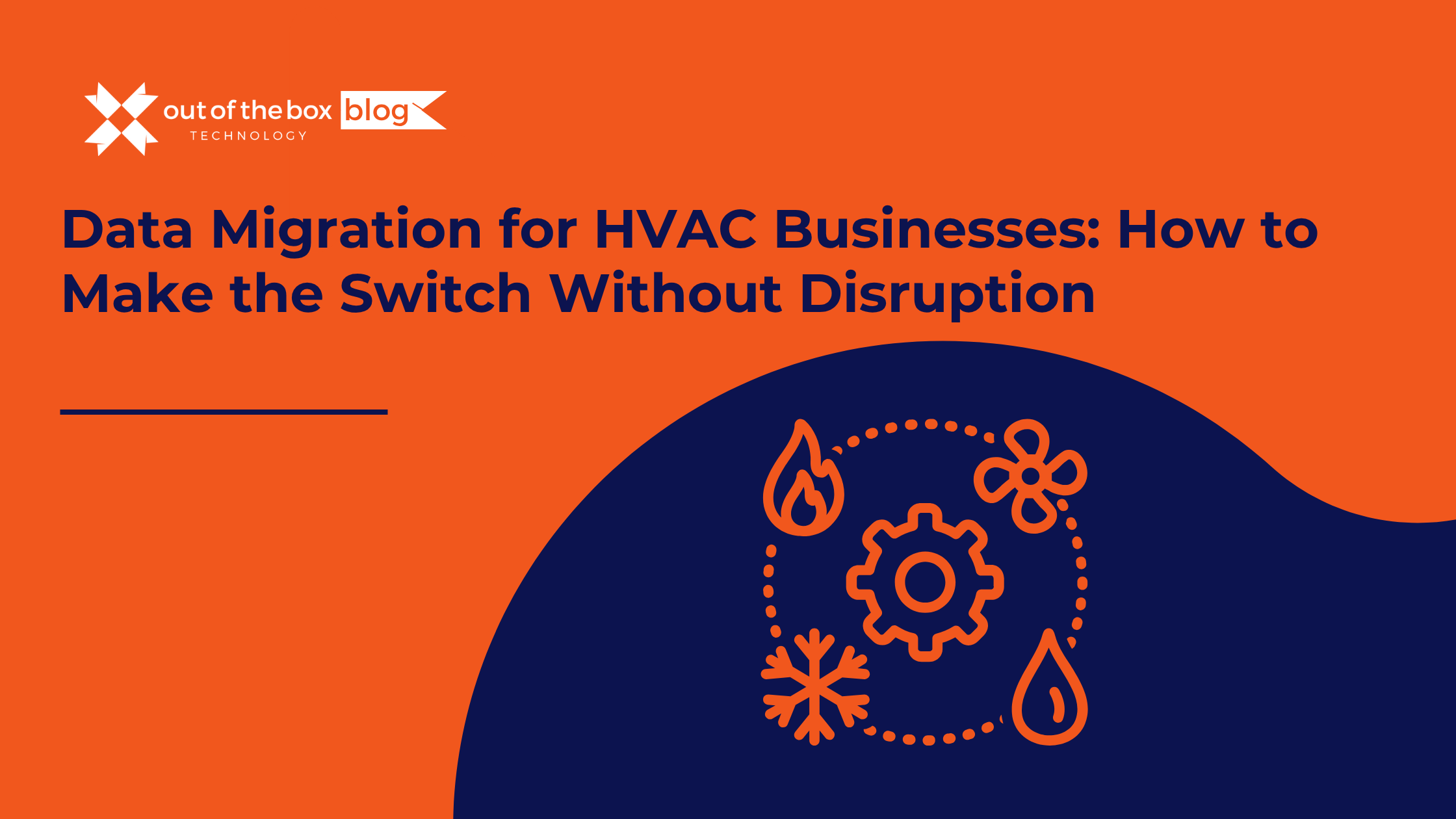
Why HVAC Businesses Can’t Afford a Messy Data Migration If you’re running an HVAC business, you’re juggling customer appointments, service history, inventory, technician schedules, and financials—often across multiple tools. When it’s time to upgrade your accounting system or switch software (like moving from QuickBooks Desktop to QuickBooks Online), it can feel overwhelming. That’s where a…
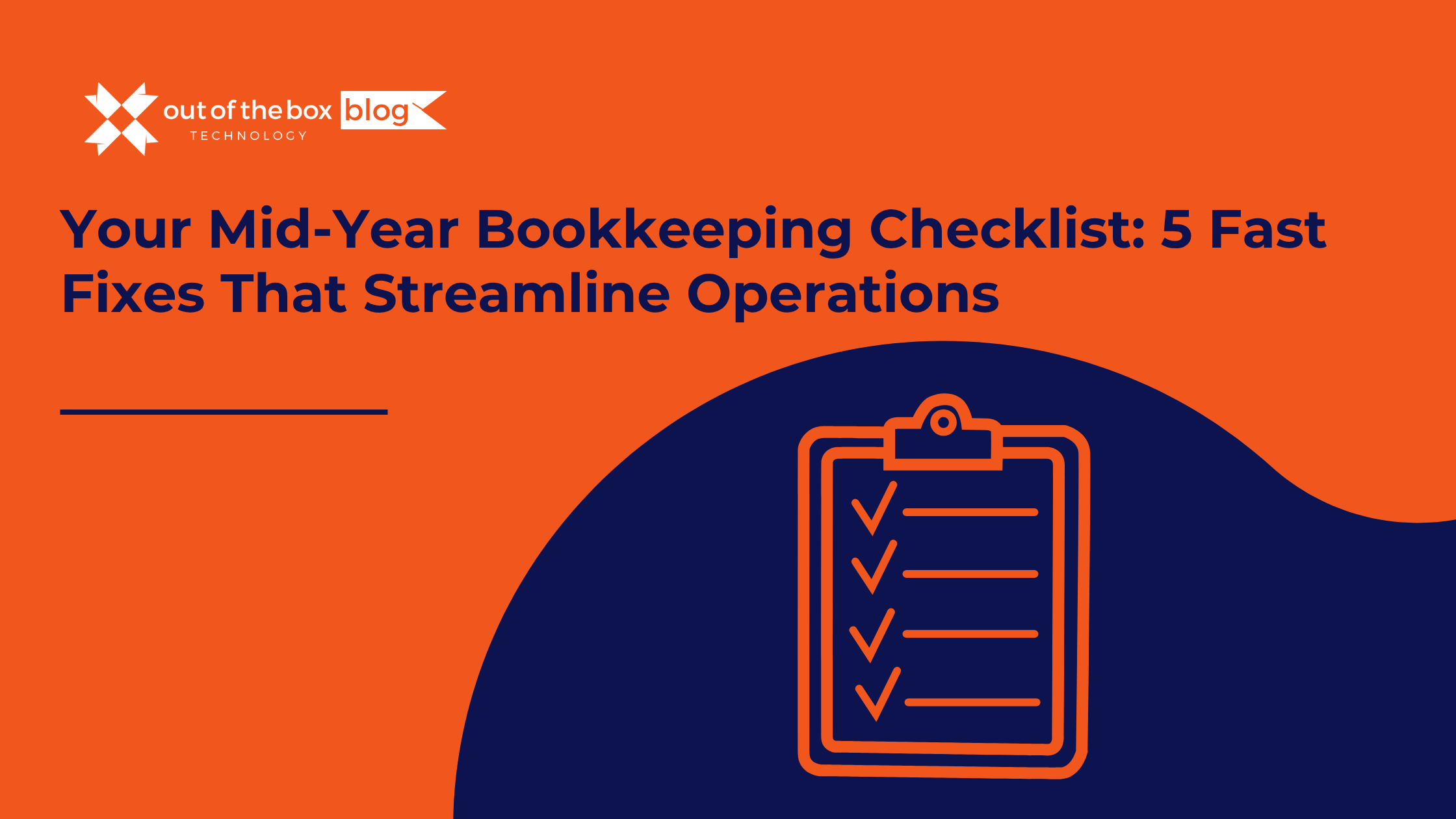
Mid-Year is the Time to Get Your Books in Order If you’re like most small business owners, the start of the year was a blur—new clients, new hires, and maybe even new tools or equipment. By the time summer rolls around, it’s easy to fall behind on bookkeeping, leaving you scrambling come tax season or…

Summer Brings the Heat—And Payroll Complexity Summer is prime time for growth in home service industries. More jobs mean more hands on deck—and for many business owners, that means hiring seasonal staff. Whether it’s extra field technicians, temporary office help, or subcontracted crews, your payroll process needs to shift to keep up. But here’s the…
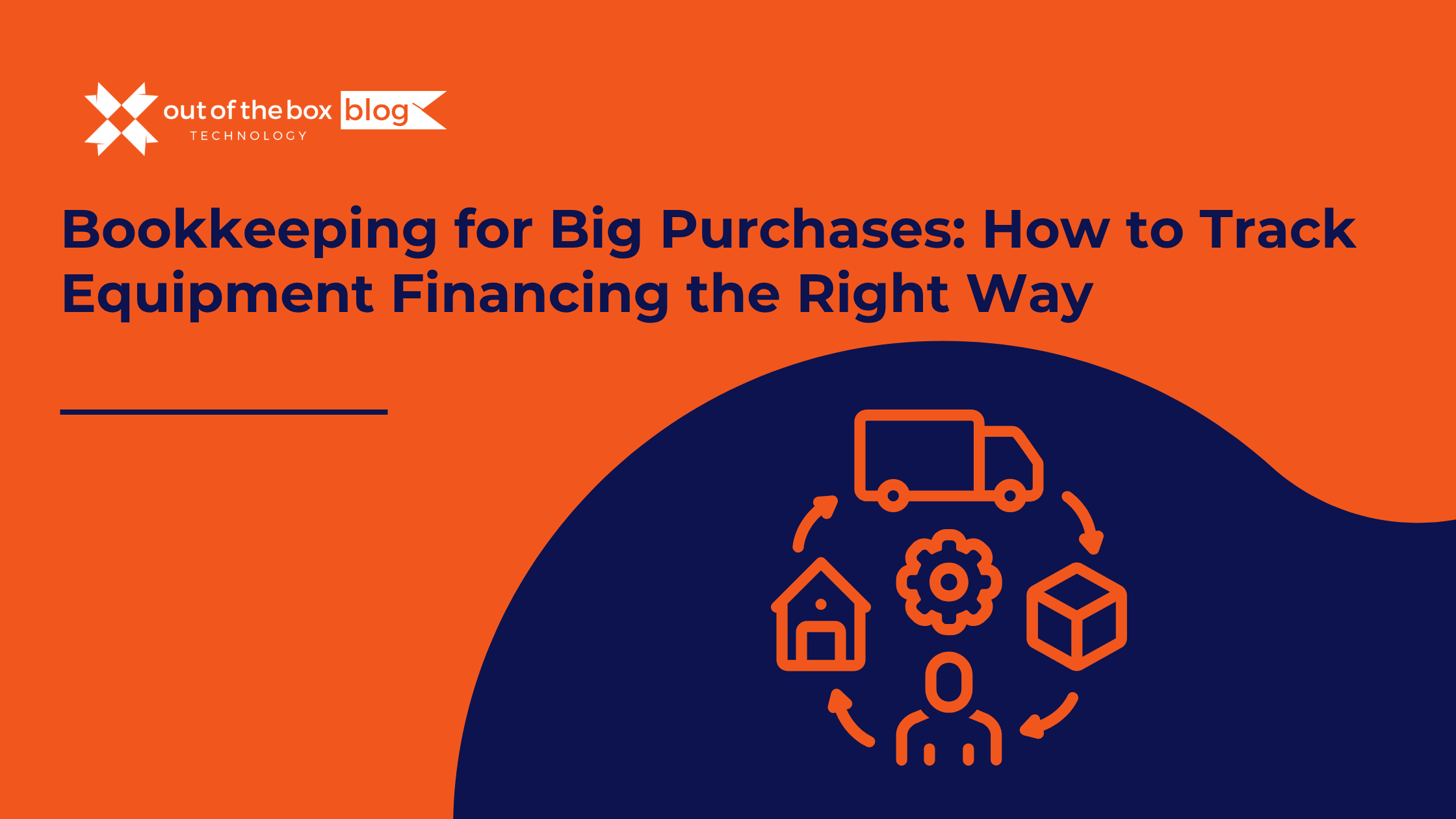
Why Big Purchases Deserve Special Attention in Your Books As a small business owner, investing in big-ticket equipment—like a new service truck, backhoe, or HVAC unit—is a major milestone. It can also be a major headache if not tracked properly. When done right, bookkeeping for big purchases helps you: Avoid IRS penalties Accurately claim deductions…
Happy Customer Voices

Laura has been a phenomenal asset to me and my business. Being a brand new franchise business owner, the financial side was all foreign to me. Laura took extra time and care with me through the entire process. She attended more than one meeting with my team so we could go over the numbers together. I truly can’t say enough about how much she has helped me.





